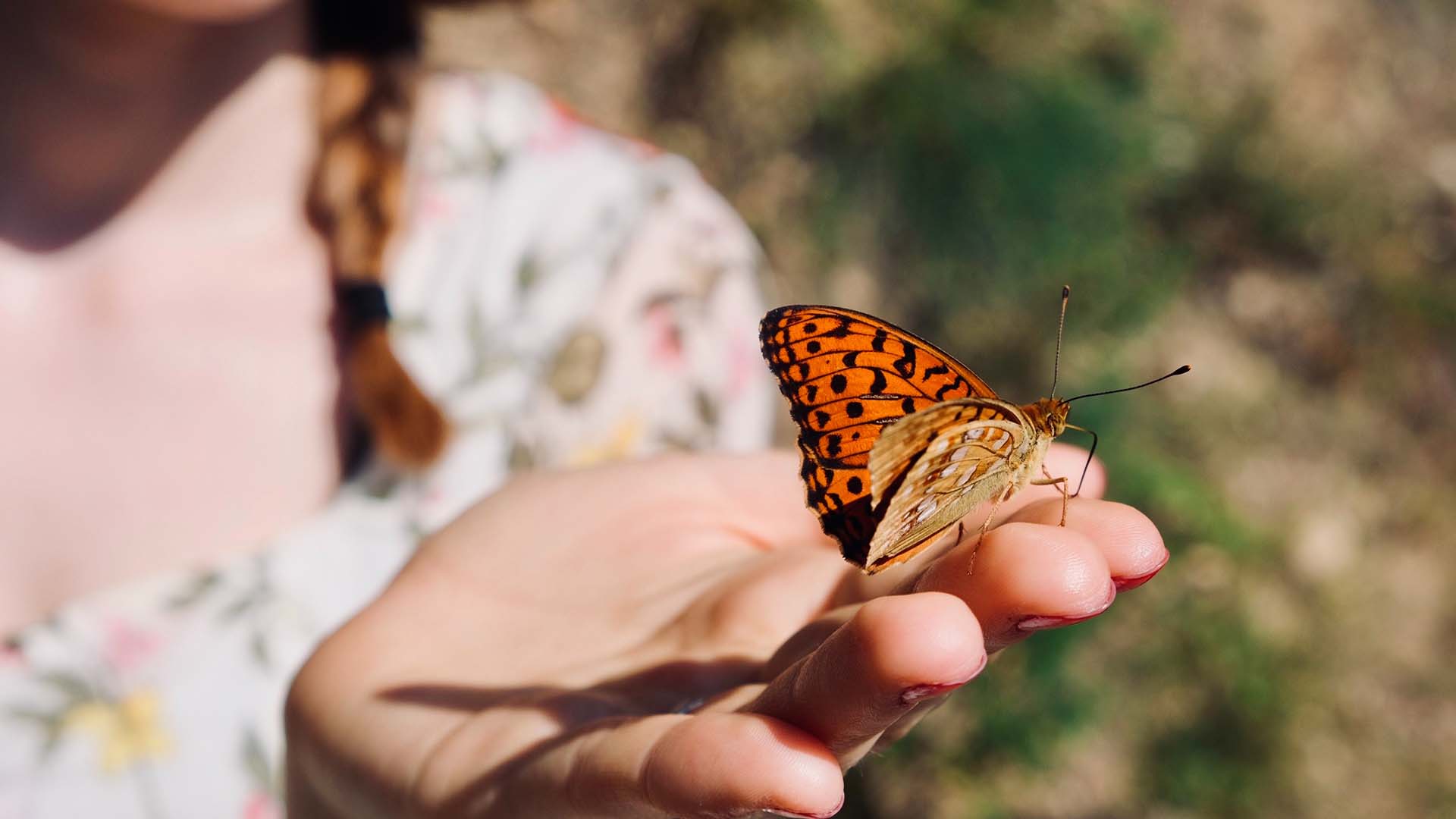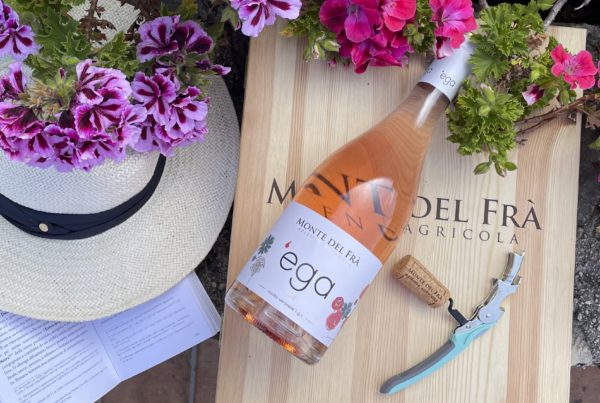Why Sustainability is Important? Monte del Frà winery towards low environmental impact viticulture
Sustainability today
Sustainability is a widespread issue today, and people are increasingly paying attention to the impact businesses have on the environment. There is a growing awareness of the excessive and rapid consumption of our planet’s resources, and the opinion of a company is on the agenda. New generations are also changing their habits in favour of healthier, greener behaviours.
But what is happening in the world of food, and when can this sector be considered sustainable?
Although many see the answer in the future and innovation, many opportunities come from tradition and the past. The preservation of small producers, the survival of local food or at 0 km, the transmission of knowledge and love for their territory are examples of this. Also, sustainable food should be understood as a social and cultural practice that is constantly developing. Monte del Frà company has experienced over three generations and its great care for its territory. Reports its progress towards two important sustainability certificates.
“ To move forward, you have to go back”
Eligio Bonomo
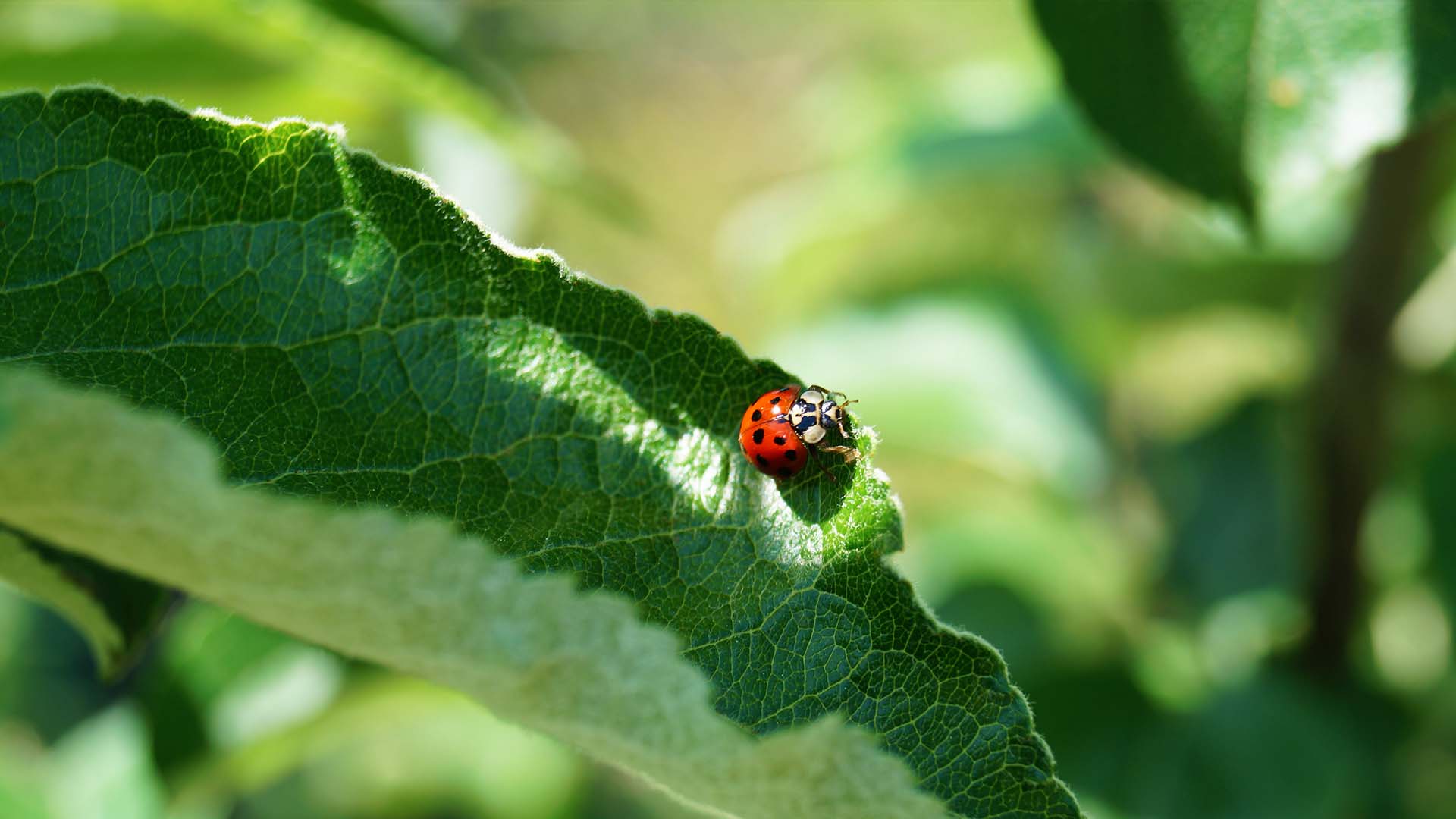
Sustainability as a source
The word sustainability comes from Latin “sustinere”, which means sustaining, defending, conserving and caring. The current concept of sustainability began to spread in the 1980s. It was officially adopted in Stockholm, Sweden, in the 1980’s in Our Common Future report published in 1987 by the United Nations Environment Program. This theme is supported by increased awareness among many nations and still has tremendous potential and future developments.
Sustainability, what does that mean?
Sustainable production means working to preserve the natural resources of our ecosystem for future generations. It is based on a choice of the best-known techniques (traditional or innovative), studied and tested, which allow the growth of vines to produce quality wine with a low impact on the environment. Specifically for the wine sector, the concept underlying it is integrated wine-growing, which means having a 360° view of the entire production process and the ecosystem.
Sustainable viticulture and terroirs
We cannot speak of sustainable wine-growing without mentioning the concept of terroir. Terroirs are commonly defined as the set of specific conditions of a zone or a place, such as a particular vineyard. The earth has a deeper meaning and is as much linked to the environment as the human component that works on it and can interpret it. It is a term that tells us the importance of putting the earth, the ecosystem of life, and those who work with knowledge and love back at the center. So, we cannot talk about sustainable viticulture without talking about terroirs.
Innovation and sustainability at Monte del Frà
Taking a path towards sustainability is now more than ever a responsibility towards the environment and future generations. Monte del Frà has RRR certification for all wines from Lena di Mezzo Estate in Valpolicella village and SQNPI for wines comes from the territory of Custoza and Bardolino -voluntary integrated defence-. The philosophy is not to impose anything on the plant but to help it find within itself and the surrounding environment the strength to combat natural diseases and pests. To do that, you start from the soil, where the plant feeds in the autumn; it is mineralized with seeds of various kinds using the surge technique. And so you get
to a soil that is rich in nutrients, where the plant finds everything it needs.
But what are the main agricultural practices used in the vineyards of Monte del Frà?
The method of sexual confusion
Sexually confusing traps prevent the screw tignle from achieving the progressive zero flow of products from synthetic chemistry. This insect is indeed the most widespread and dangerous species. The cartoon feeds on the vine’s flower buds and damages the growing grapes. The risk is that bothritis will develop in the damaged grapes, damaging the quality of the grapes. The method of “sexual confusion” is a biotechnological method and involves placing several pheromone dispensers in force. This substance, similar to that produced by female tignolet to attract males, is slowly dispersed into the air, disorienting males and reducing the likelihood of mating.
Vine surge technique
Spending is a very attractive and ecological agricultural practice that is now increasingly being used to feed the land. It is about growing specific plants among the vine chains, which will then be cut and buried to perform a “green fertilization” function. But why is this technique being used? There are many reasons for this, but the idea behind it is to nourish the soil and make it fertile and resilient. This will allow the growing of vine plants to be strong and resistant and help fight against pests. For the wine-growing season, the Graminacee, Lolium, Festuca and Trifolium are preferred.
Mechanical defect to avoid chemical disorder
In wine-growing, taking care of the soil is essential for good wine management and good production. Soil is one of the main elements of the earth. It is important to safeguard its intrinsic properties and control the spontaneous flora when it develops at the vine’s expense. The mechanical processing in the vineyard has several advantages, first and foremost in contrast to the chemical desert. Avoiding the use of chemical herbicides is essential to create a healthy and strong environment. Plants must be able to protect themselves using their own “immune system”. The mechanical desert also helps to air the earth and mineralize it. This process is rarely adopted as an exclusive technique but often associated with a surge.
Drip irrigation systems to prevent water dispersion
Drip irrigation is a technique that supports the sustainability of wine and reduces water and energy consumption, which are now essential for environmental protection. It is allowed in high-frozen soils that easily drain water. But it’s not the only benefit, this kind of “saving” irrigation can also reduce the growth of weeds because only some areas (near the vine) are wet.
Monte del Frà and SQNPI certification – sustainable quality
Integrated agriculture is a production method that combines good agricultural practices with sustainable fertilizers and plant protection products to ensure the affordability of agricultural practices and, at the same time, a low environmental impact.
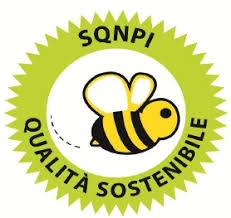
RRR – Reduce Savings and Respect Certification for Tenuta Lena di Mezzo Keeping in Valpolicella
RRR is the first “certification of a sustainable area” in Italy to protect the environment, social sustainability and landscape conservation. It was created for the Valpolicella wine region, so only wines and grapes produced in the Valpolicella DOC production area can be certified. The aim is to rationalize agronomic techniques, particularly fertilization, water use and disease defences, for increased environmental support.
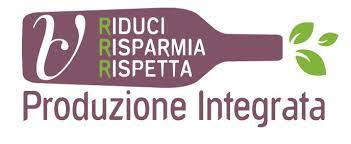
The core of the protocol is to reduce chemical interventions, using them only where strictly necessary. More and more people worldwide are searching for the word “sustainable wine”and are reporting on the environmental status of the place of production. The RRR certified wines thus guarantee to establish a sustainable area, which will also help develop the Valpolicella area. The certified RRR area has increased by 12% compared to 2019, now totalling 1210 hectares on the territory. RRR certified companies increased from 82 in 2018 to 142 in 2020, reaching 73%.
.
